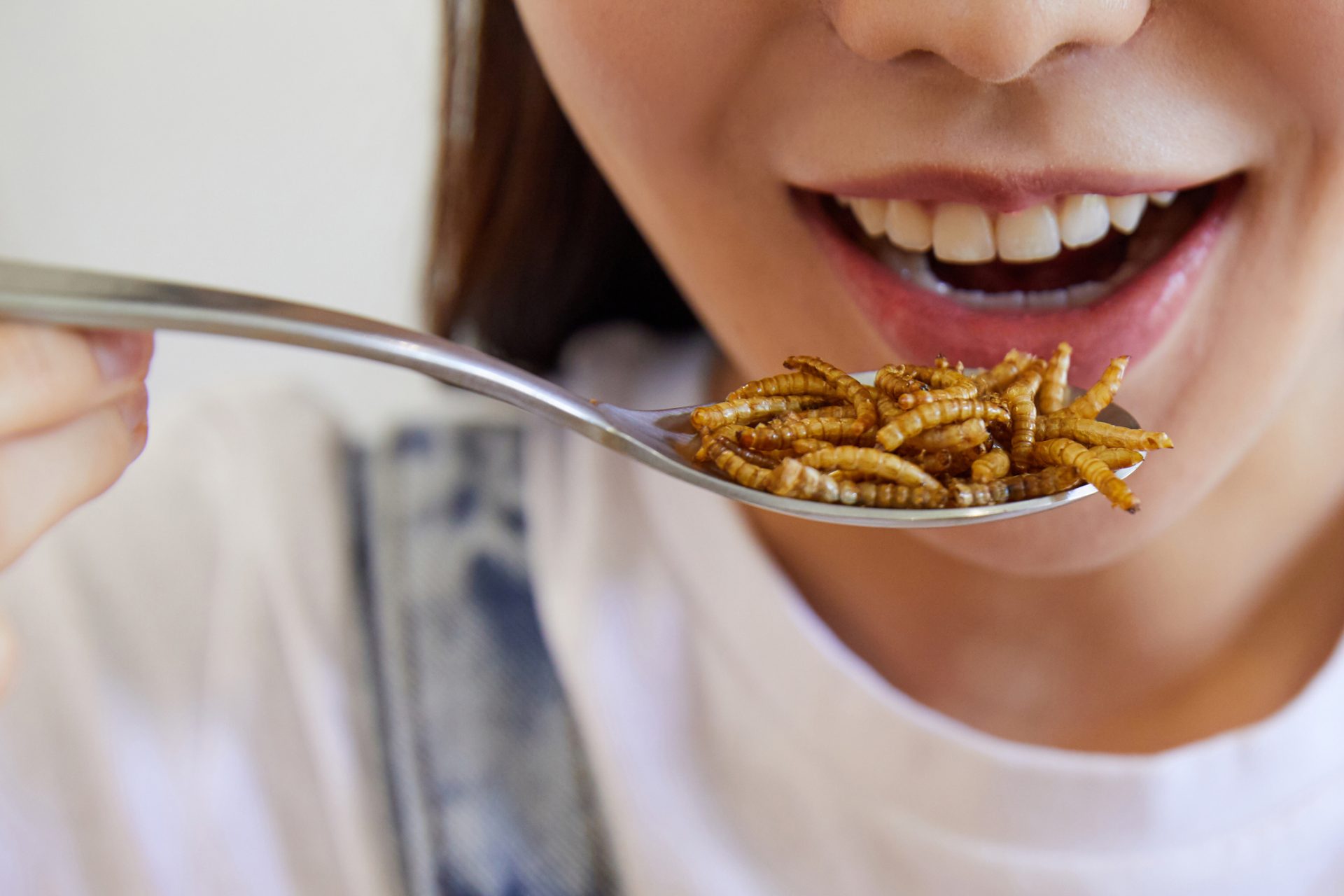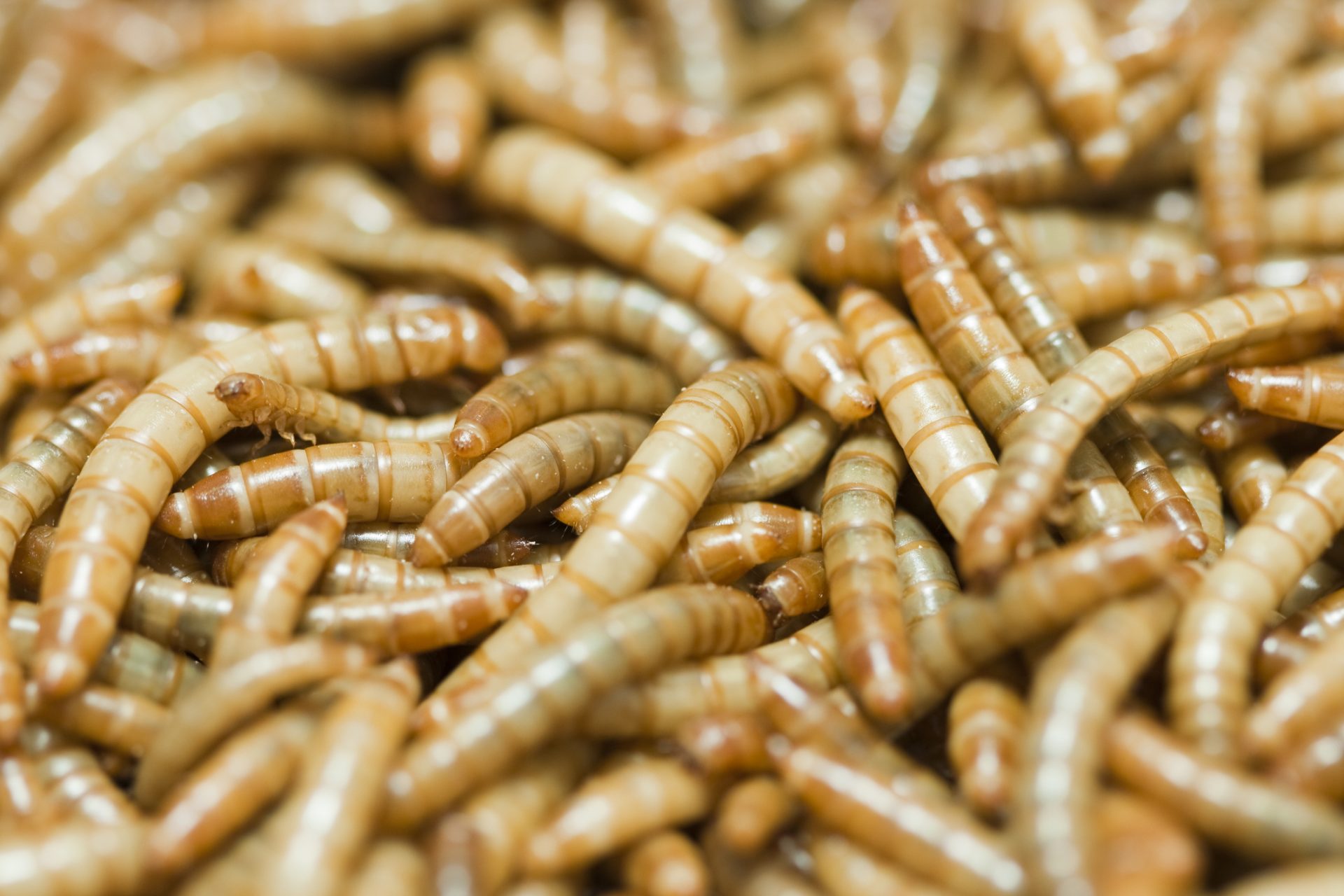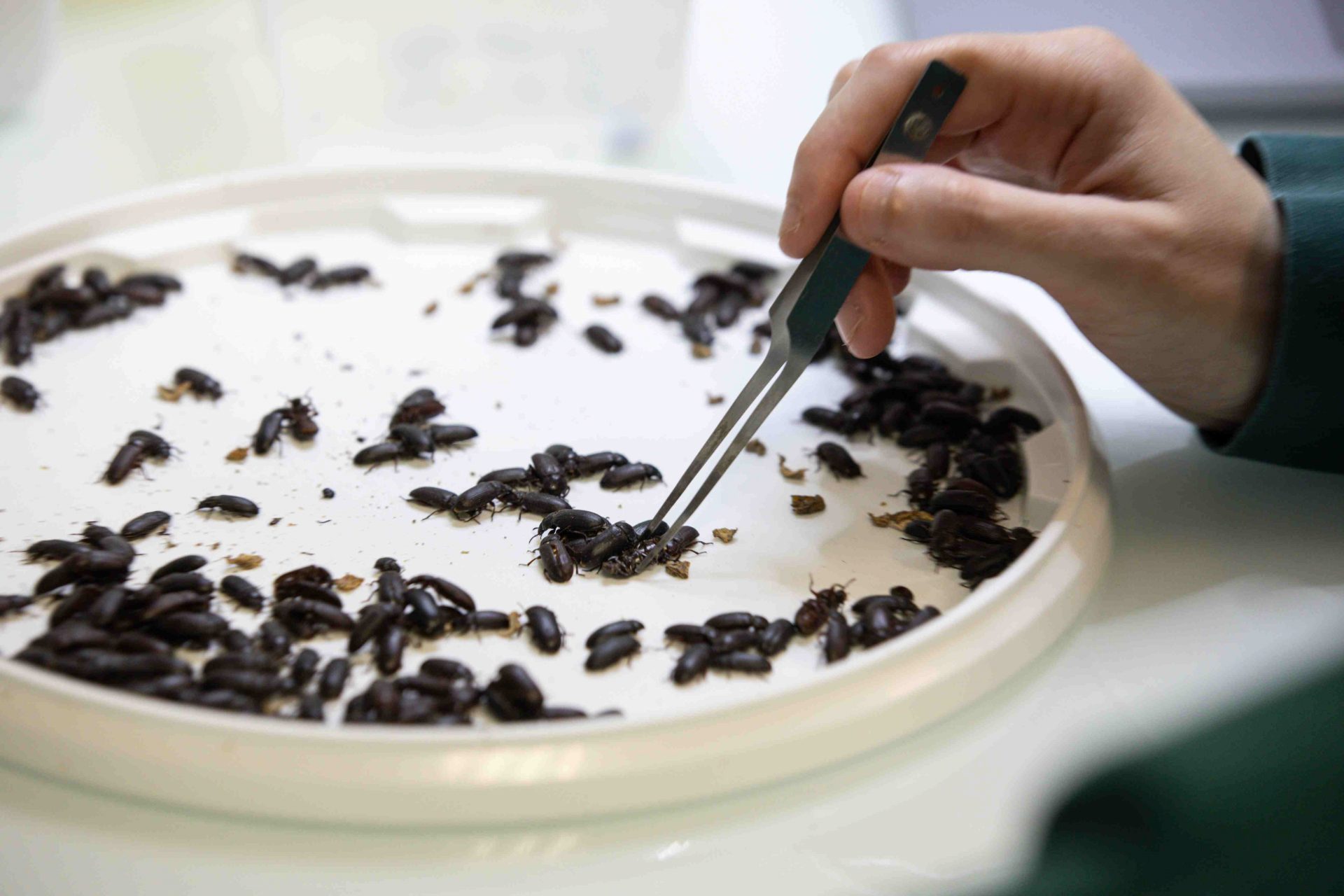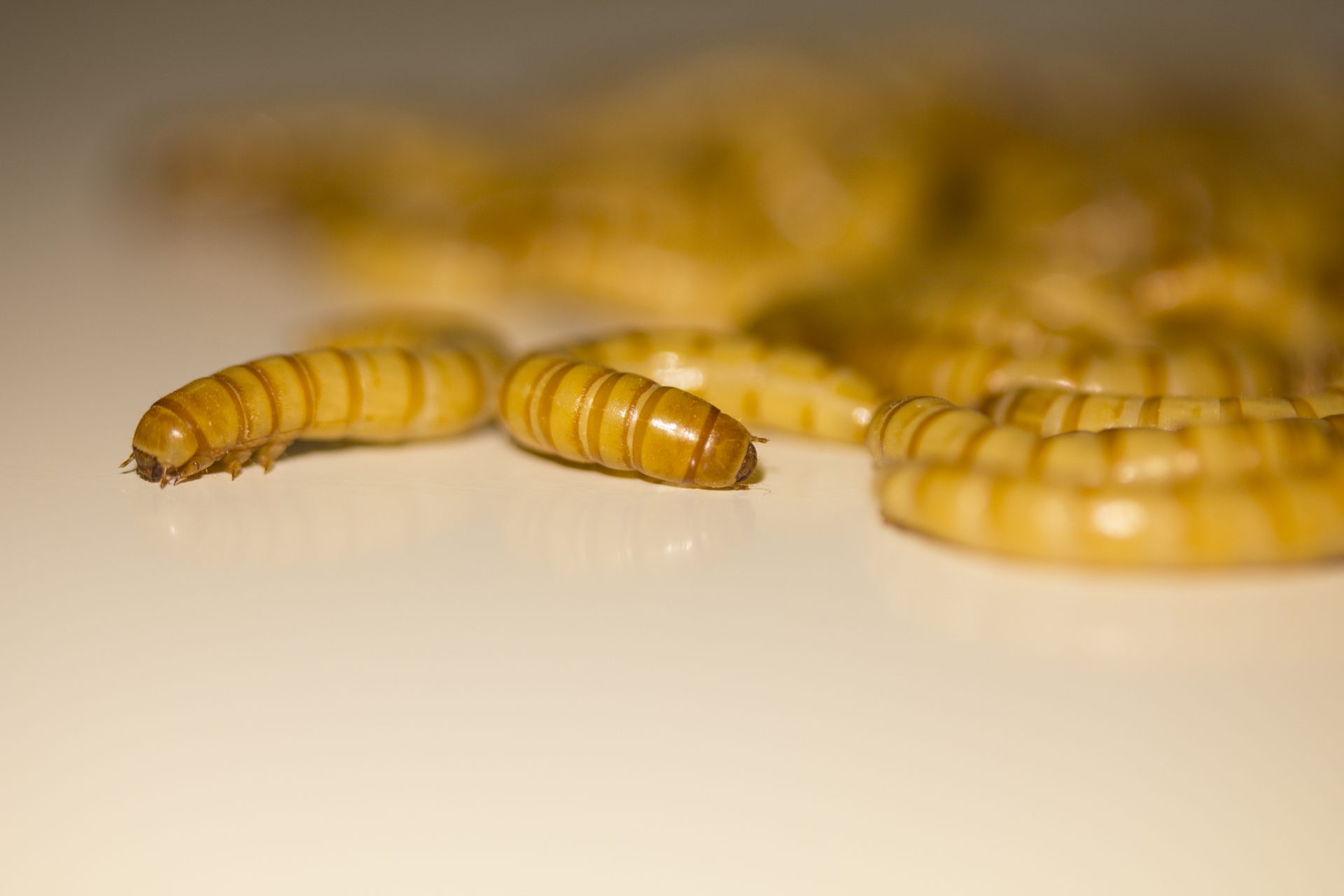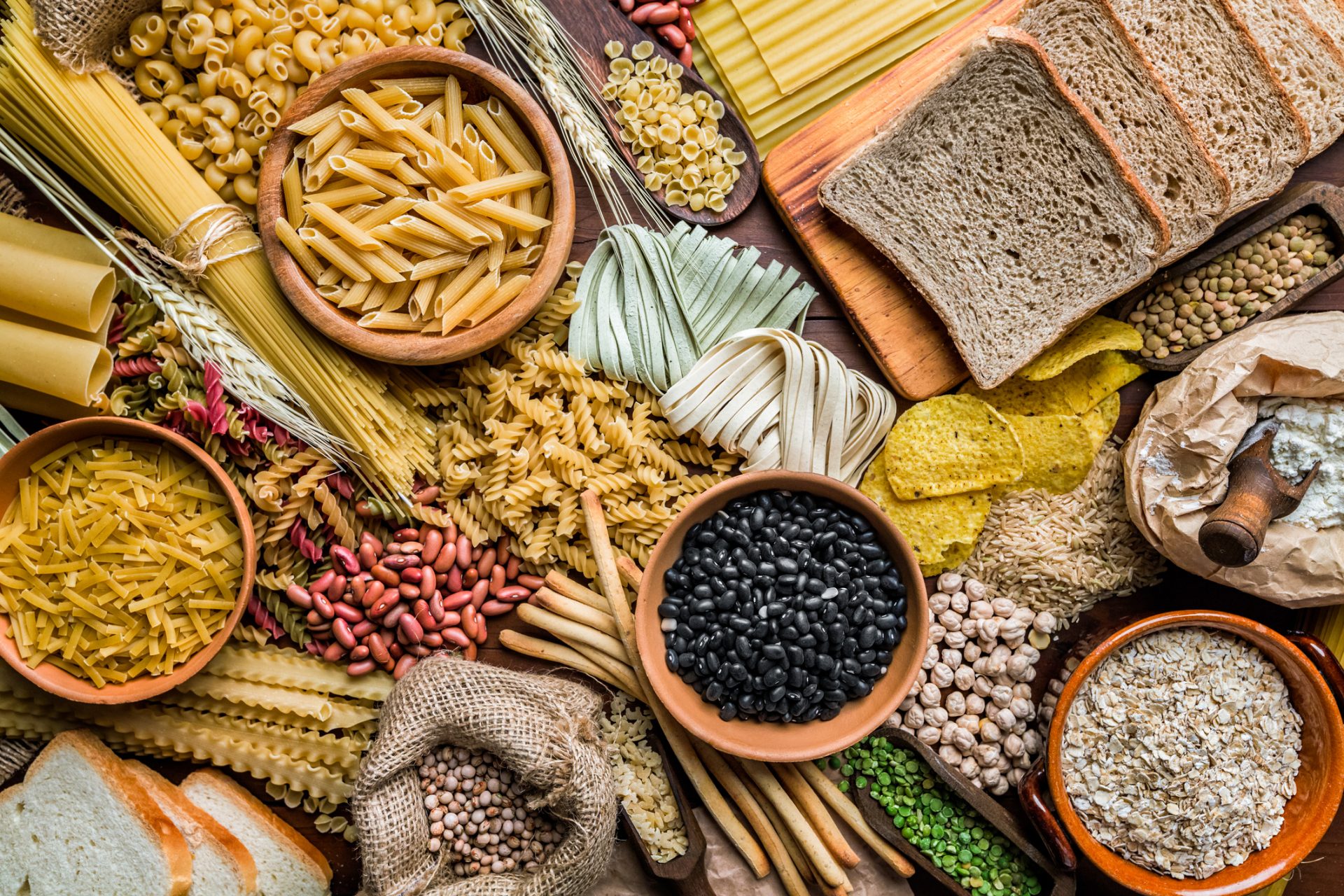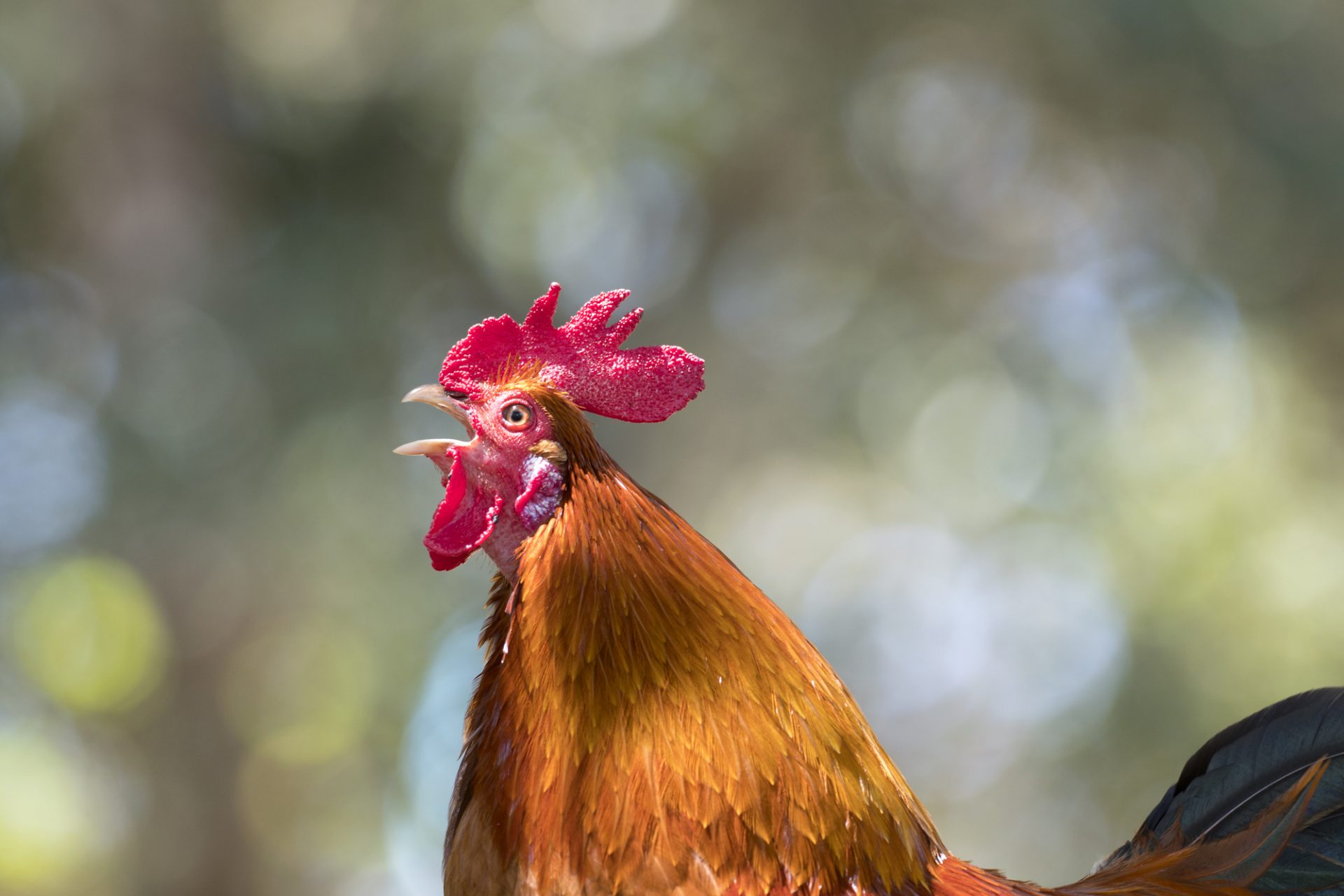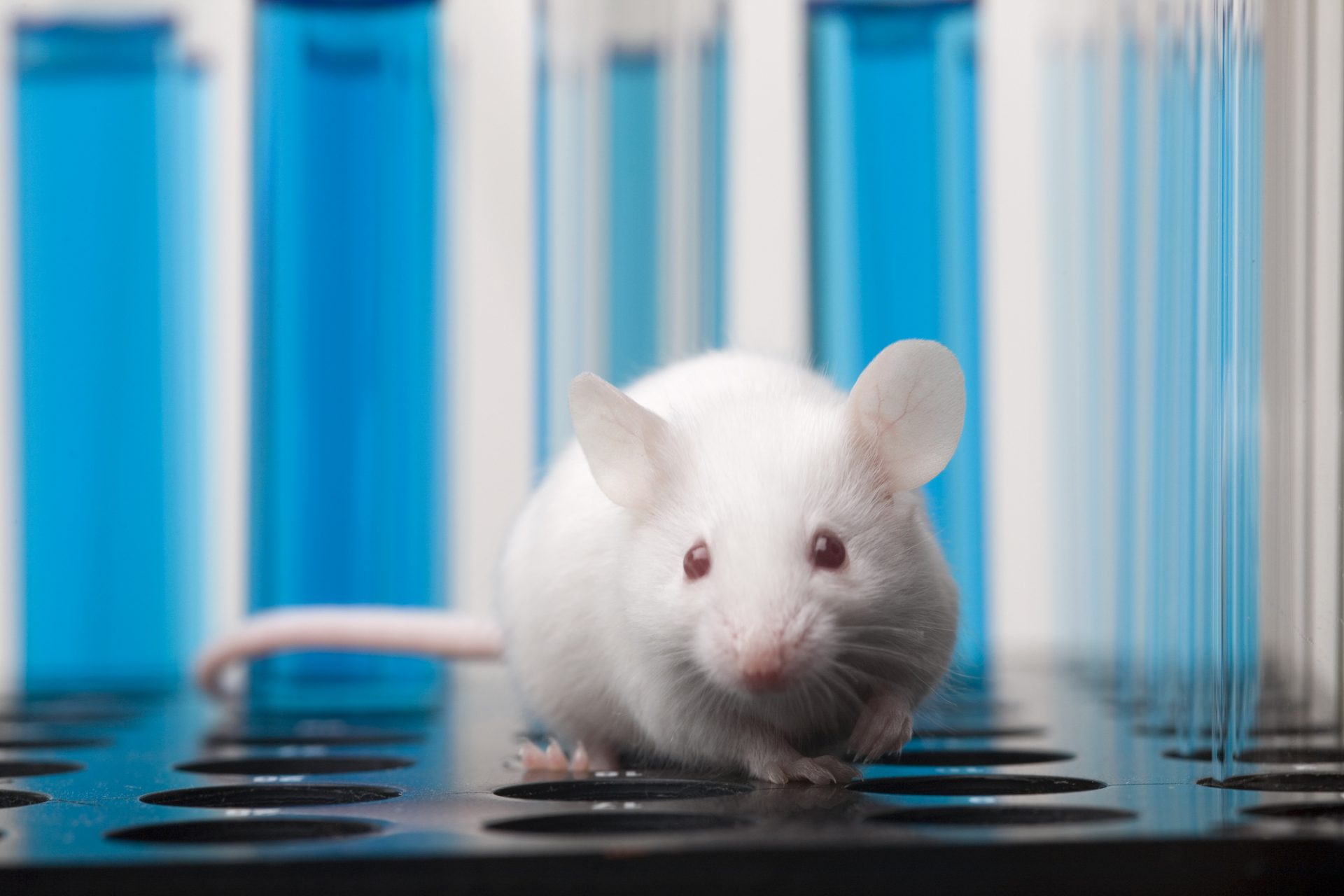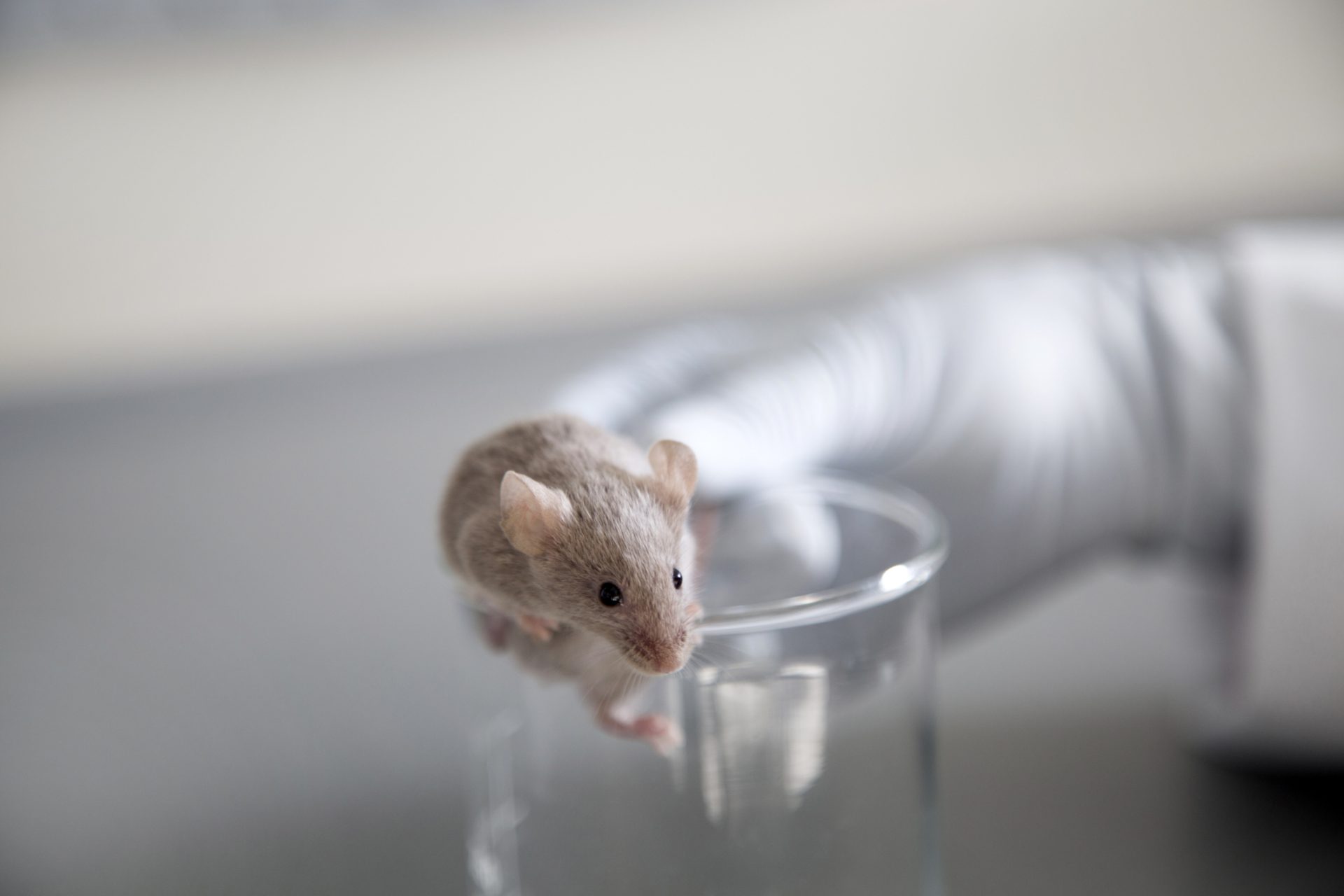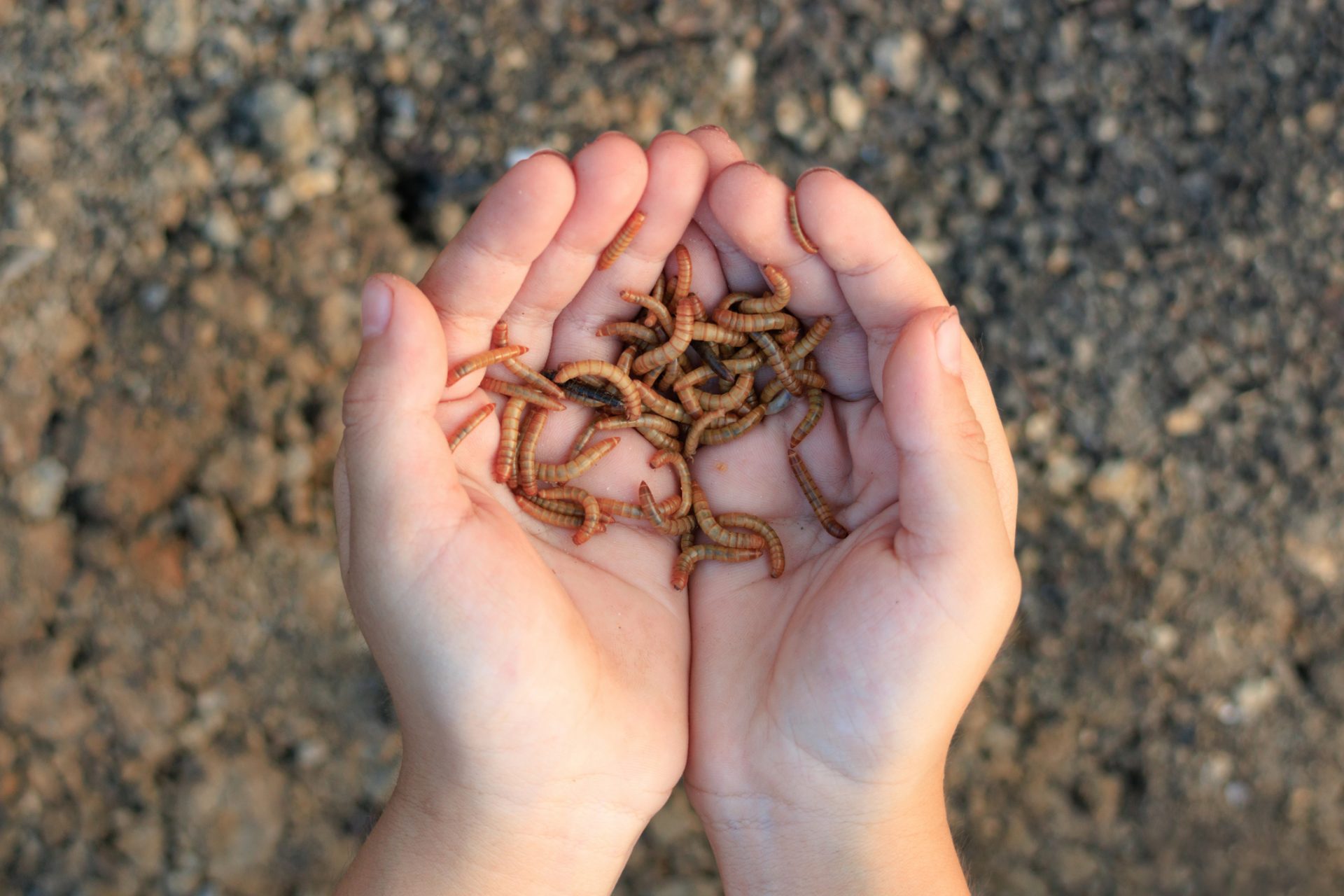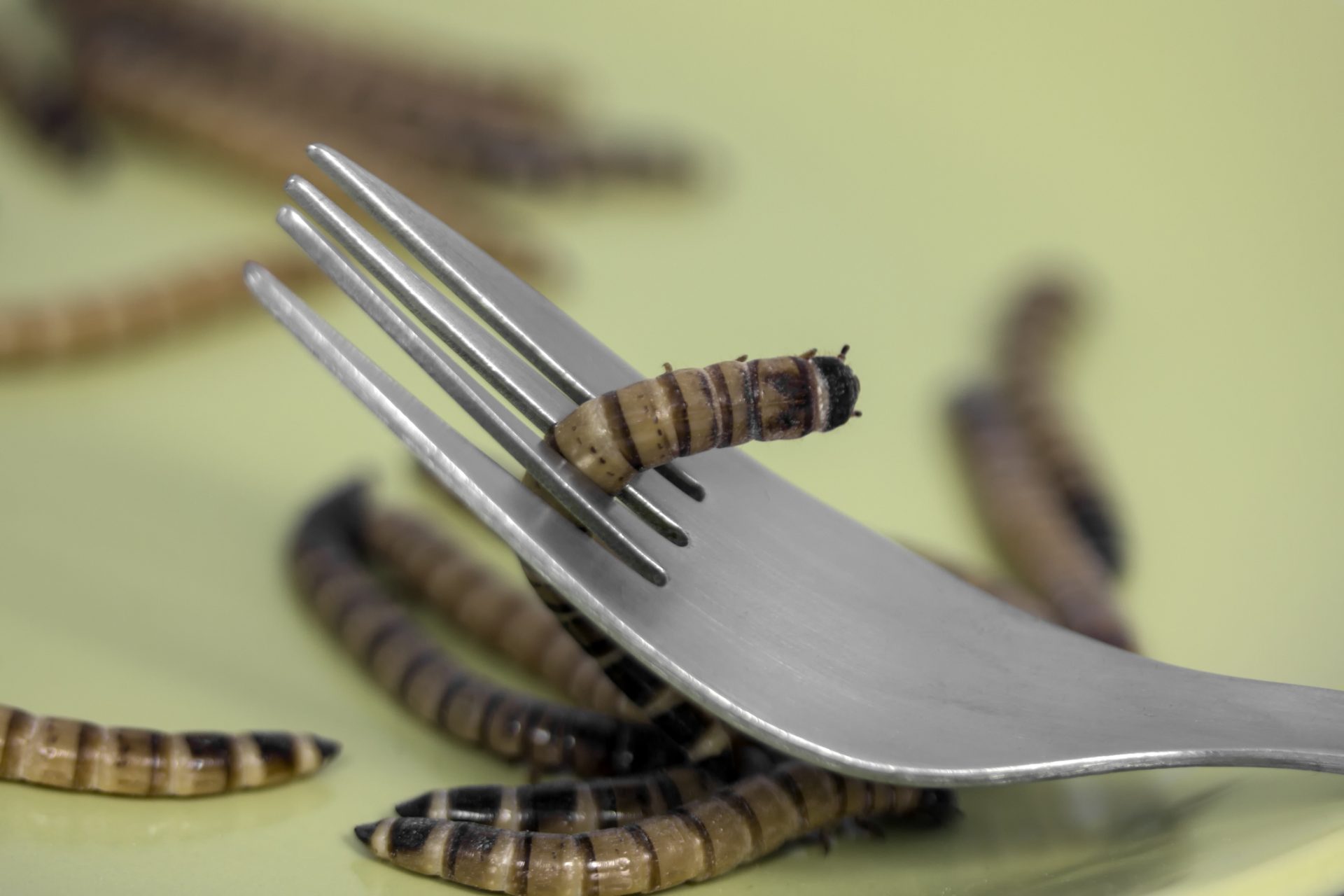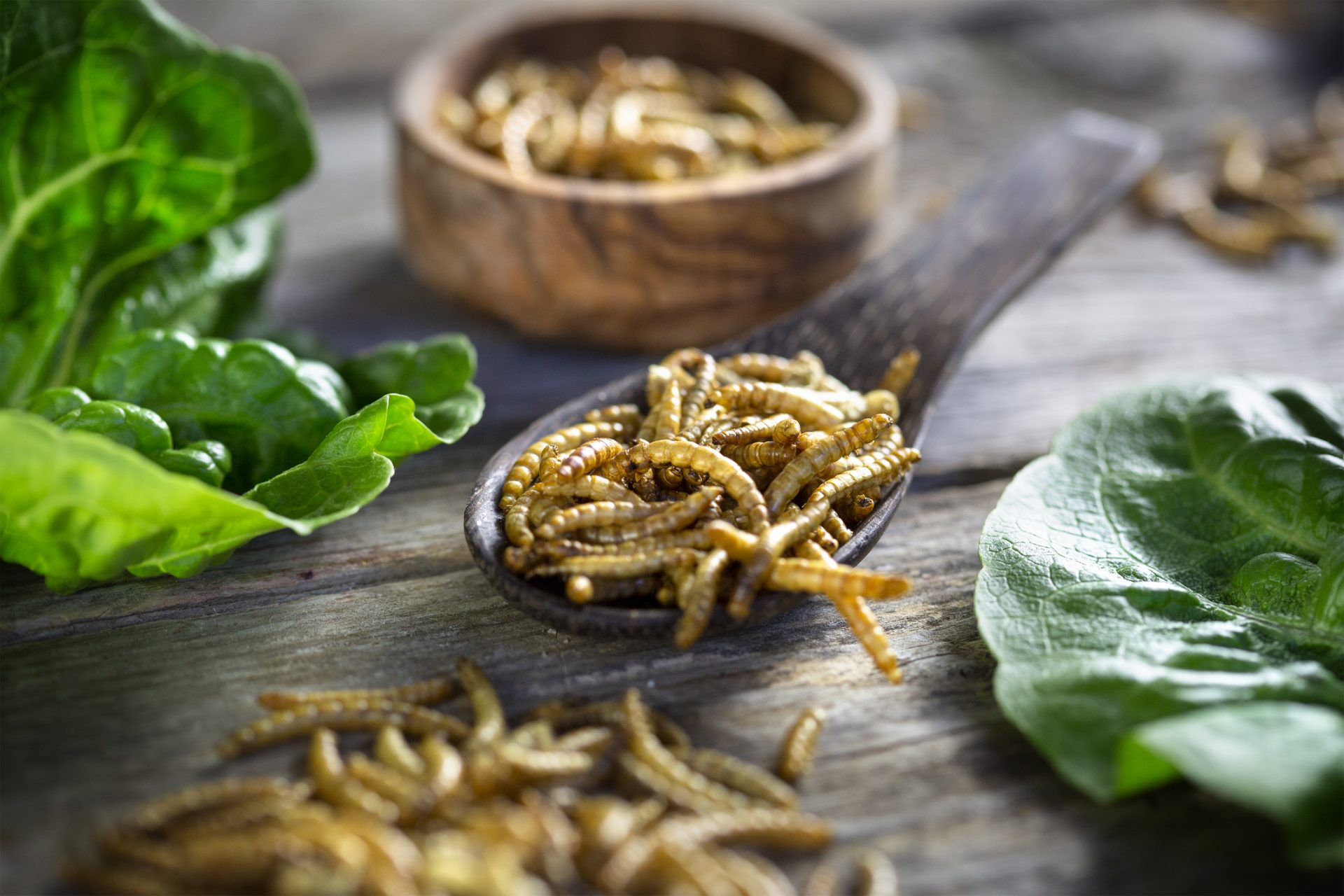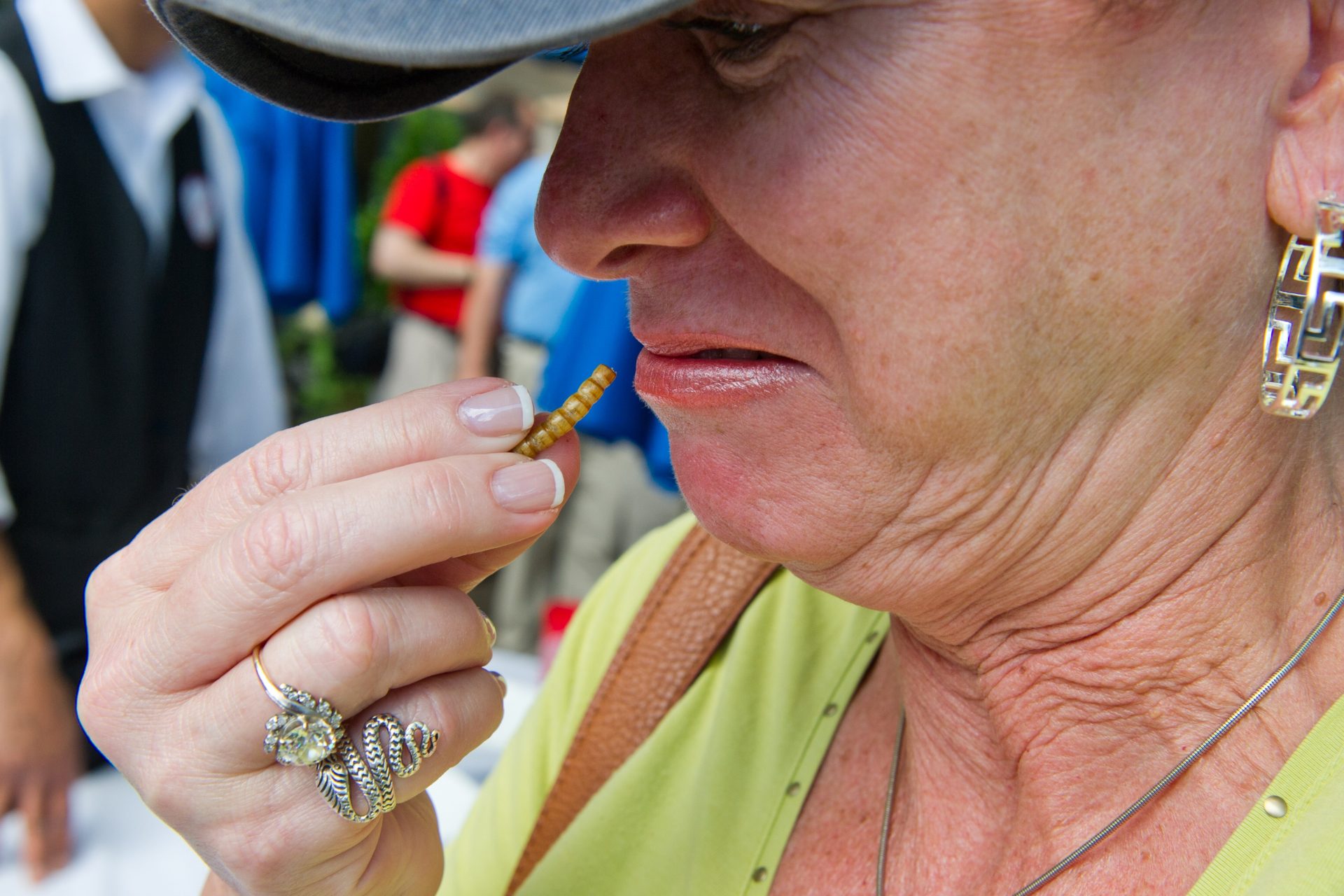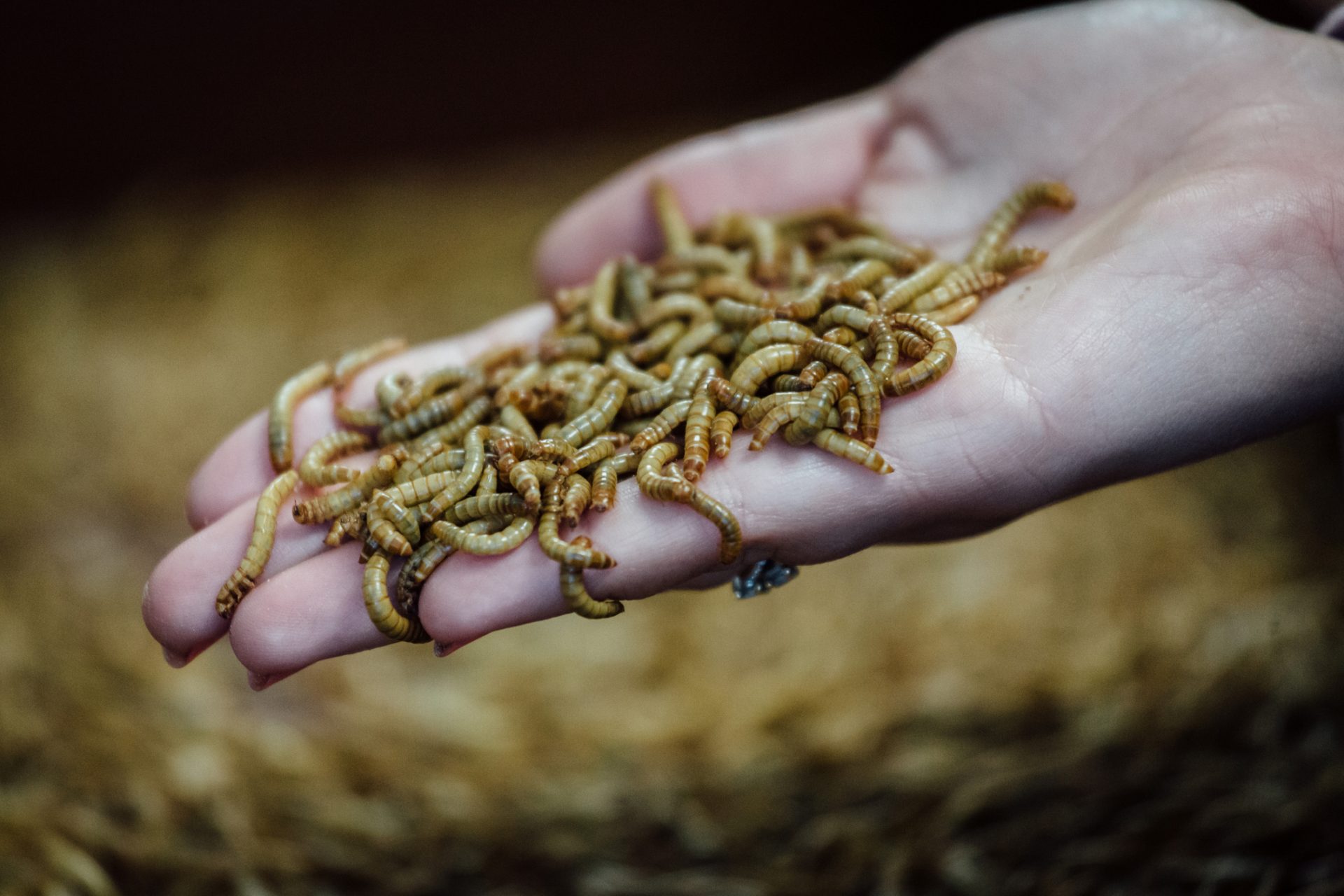Saving the planet and our health is as easy as swapping meat for bugs
Humanity is facing a lot of global problems that threaten the future of our civilization. However, few are as pressing as the coming global food crisis that will be brought on by the world's rising population and the changing climate.
Global food insecurity is set to become a growing issue as climate change ravages our established agricultural systems and the world’s population continues growing rapidly. But a group of researchers may have found a healthy solution to one of our biggest problems.
In 2020, the World Economic Forum estimated there would be two billion more people on Earth than there were at the time it made that prediction, and added that the amount of food we were growing would only feed half the population by the time we hit 2050.
This future scenario makes finding new sources of sustainable food very important but it's crucial that these new sources of food are also healthy. Obesity is another growing global issue and to meet our future needs food scientists will have to get very creative.
Luckily, some researchers are already working on solving some of our future problems, and a group from the University of Illinois-Champaign might have figured out one piece of the puzzle in July 2023. But you probably won't like the solution since it involves eating something gross.
Mealworms might be the key to developing a sustainable protein future and researchers found that replacing traditional protein sources like cows and chickens with these creepy crawlers would not only serve our nutritional needs but could also be a very healthy alternative.
You may be scoffing at the idea of eating mealworms right now but a press release from the university noted that substituting the bugs in high-fat diets could slow weight gain while also improving a person’s immune response and reducing their inflammation levels.
There were more benefits. Mealworms enhanced energy metabolism and altered the ratio of good to bad cholesterol in test subjects. Unfortunately, these test subjects were mice but the research was a step in the right direction for finding future food alternatives.
“In addition to more dietary fiber, nutritionists also recommend eating more high-quality proteins as part of a weight management plan,” said study lead author and professor at the University of Illinois-Champaign Kelly Swanson.
“We knew from an earlier study in roosters that mealworms are a high quality, highly digestible protein source that’s also environmentally sustainable,” Swanson added.
Swanson’s team fed one group of mice a high-fat diet consisting of 46% fat made up of casein before switching to alternatives while another group fed a lean diet of casein in order to act as the study’s control throughout the experiment.
When the mealworms were introduced to the high-fat diet mice, they were obese and experiencing a number of metabolic conditions according to the press release from the university—including heart attacks, strokes, diabetes, and other serious health issues.
Once the mice were switched over to mealworms they were fed amounts that replaced either 50% of their casein diet or 100%. After eight weeks the researchers examined the mice and found the mealworm diets slowed weight gain and provided other benefits.
“It's not a weight loss situation; they just slowed their gain with the mealworms… the more significant impact was the improvement in their blood lipid profiles,” Swanson explained, adding that bad cholesterol went down and good cholesterol went up.
“From a gene expression perspective, inflammation went down and some of the lipid and glucose metabolism genes were altered,” Swanson continued. “Not everything was positive, but metabolically, they were in a better place.”
A material in the exoskeleton of mealworms known as chitin might have been the cause of the transformation in the mice according to Swanson, remarking he was working on a different paper exploring how mealworms affected the microbiomes of mice.
“There’s a ‘yuck factor’ for many in Western societies, where eating insects is not quite normal, but some populations have relied on insect proteins for millennia,” the professor explained. However, are humans really ready to start eating these creepy critters?
Mealworms haven’t been approved by the Food and Drug Administration according to the university press release, and if we were to eventually eat the worms it wouldn’t be as you imagine. The mice were fed powder and that’s exactly how you’d eat them, too.
More for you
Top Stories







